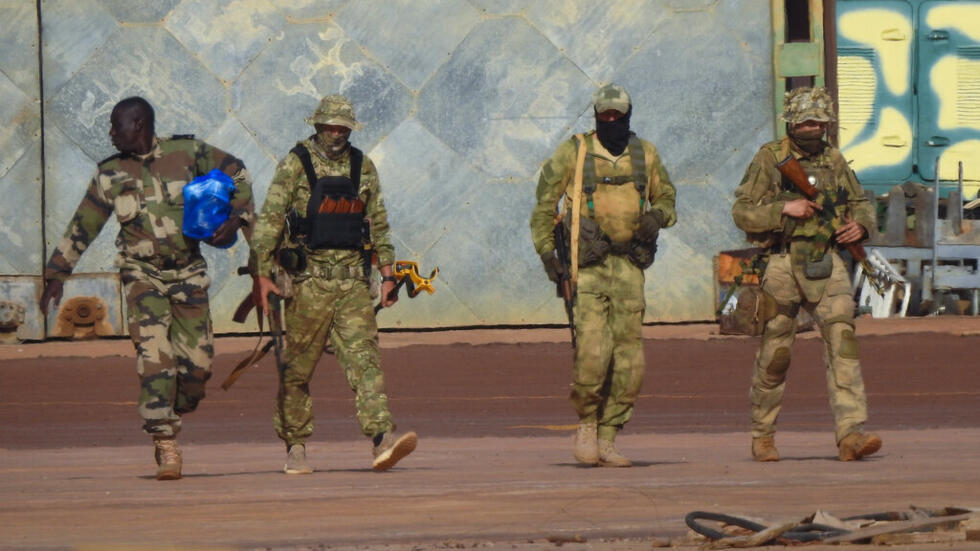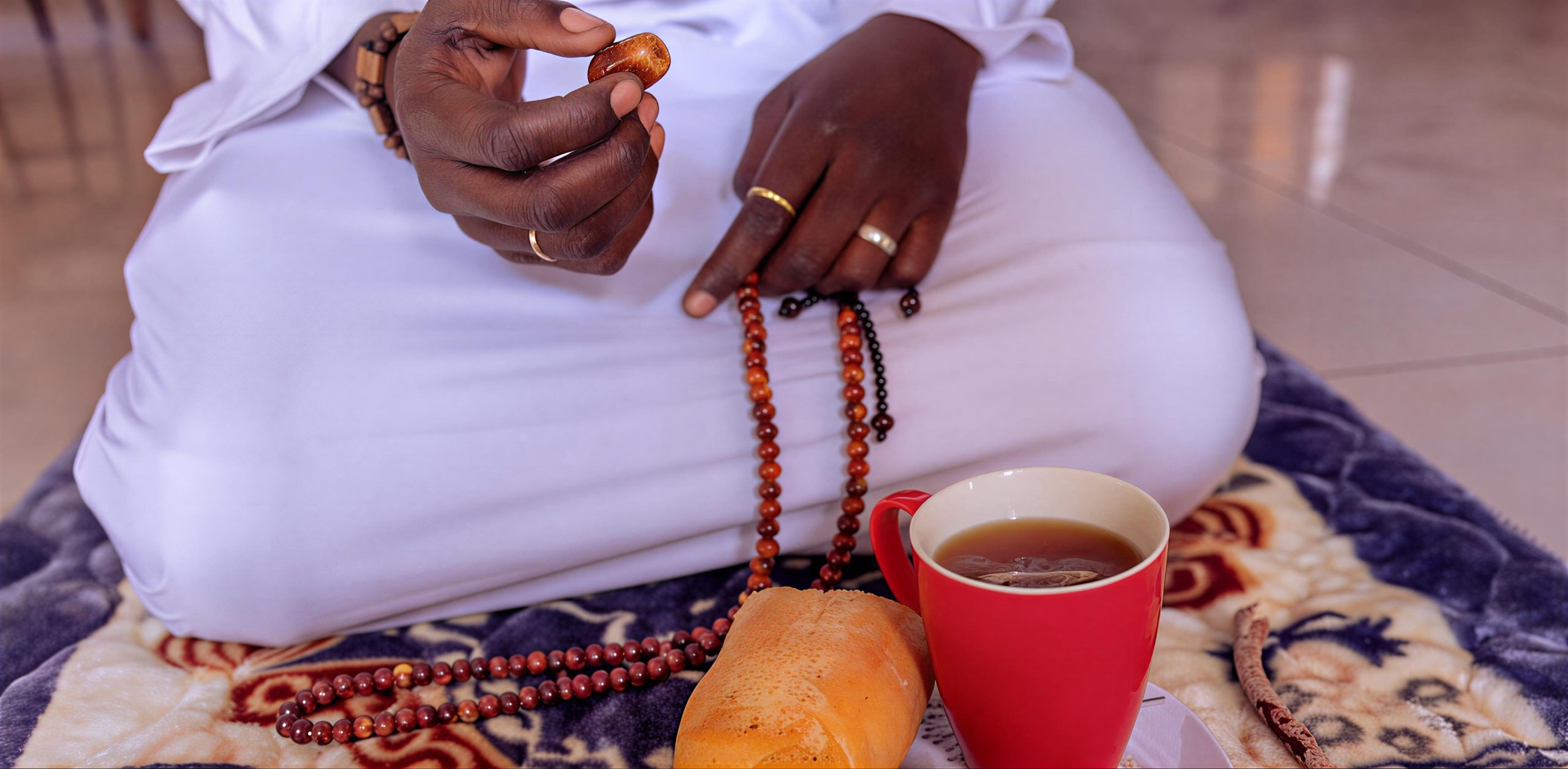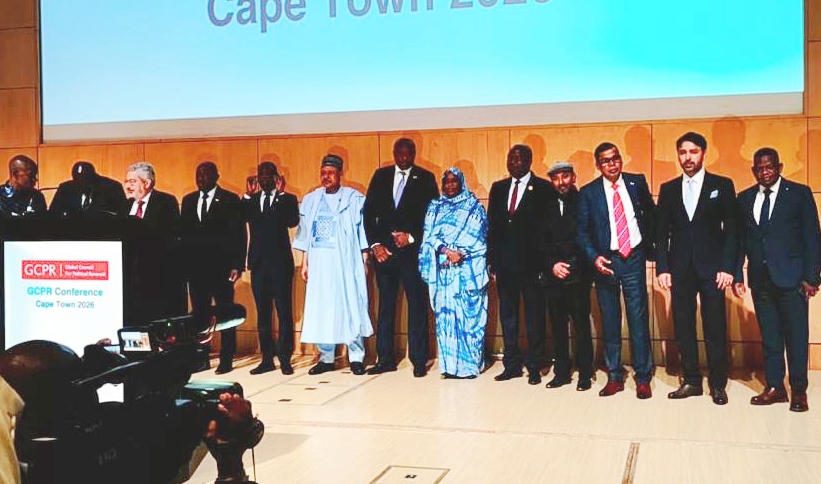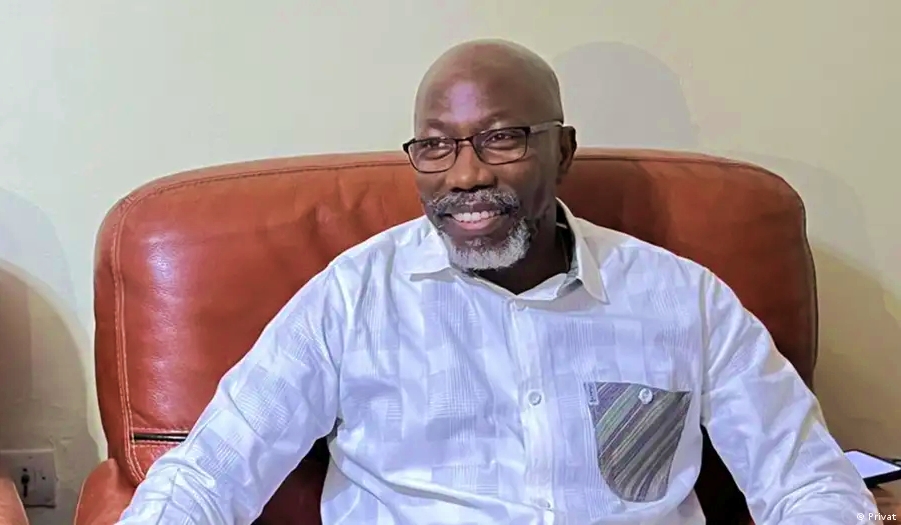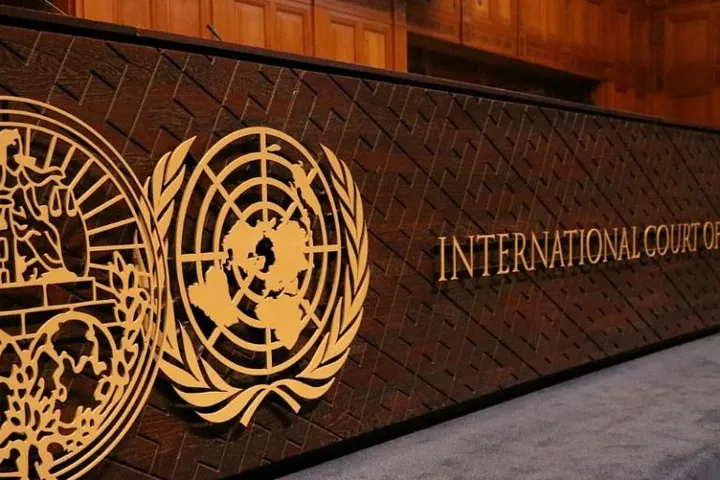Gambiaj.com – (THE HAGUE) – Amidst the 15th summit of the Organization of Islamic Cooperation (OIC) in Banjul, the International Criminal Court (ICC) dismissed Myanmar’s objection to a genocide case concerning its treatment of the Rohingya Muslim minority. This decision paves the way for the case to be heard in its entirety.
Myanmar, currently under military rule following a coup in 2021, argued that Gambia, which filed the lawsuit, lacked standing to do so in the United Nations’ top court, known as the International Criminal Court (ICC) or the International Court of Justice.
However, Presiding Judge Joan Donoghue stated that all states that have signed the 1948 Genocide Convention have the responsibility to prevent genocide, and courts have jurisdiction in the case.
“Gambia, as a state party to the genocide convention, has stood up,” Judge Donoghue said, summarizing the ruling of the 13-judge panel.
The court will now proceed to hear the merits of the case, a process expected to span several years.
Gambia took up the Rohingya cause in 2019, backed by the 57-nation Organization for Islamic Cooperation, in a bid to hold Myanmar accountable and prevent further bloodshed.
Outside the courtroom, Gambia’s Justice Minister Dawda Jallow expressed her satisfaction with the decision, expressing confidence that the lawsuit would succeed.
The Gambia became involved in the case after its predecessor, Abubacarr Tambadou, a former prosecutor at the UN Rwandan tribunal, visited a refugee camp in Bangladesh. He said the stories he heard there reminded him of the genocide in Rwanda.
In response, a representative for Myanmar stated that the country would do its “best” to protect its “national interests” in further proceedings.
Protesters outside the court gates waved red banners with the text “Free Burma” and shouted at cars carrying junta representatives to leave the building following the ruling.
A UN fact-finding mission concluded that Myanmar’s 2017 military campaign, which drove 730,000 Rohingya into neighboring Bangladesh, constituted an “act of genocide”.
Myanmar has denied committing genocide, dismissing the UN findings as “biased and flawed”. The country maintains that its crackdown targeted Rohingya insurgents responsible for attacks.
While decisions of the Hague court are binding and generally followed by countries, there is no enforcement mechanism.
In a 2020 interim ruling, the court ordered Myanmar to protect the Rohingya from harm, a legal victory that affirms their rights under international law as a protected minority.
However, Rohingya groups and rights activists argue that there has been no meaningful effort to end their systemic persecution. Rohingya are still denied citizenship and freedom of movement in Myanmar, with tens of thousands confined to squalid refugee camps for over a decade.



